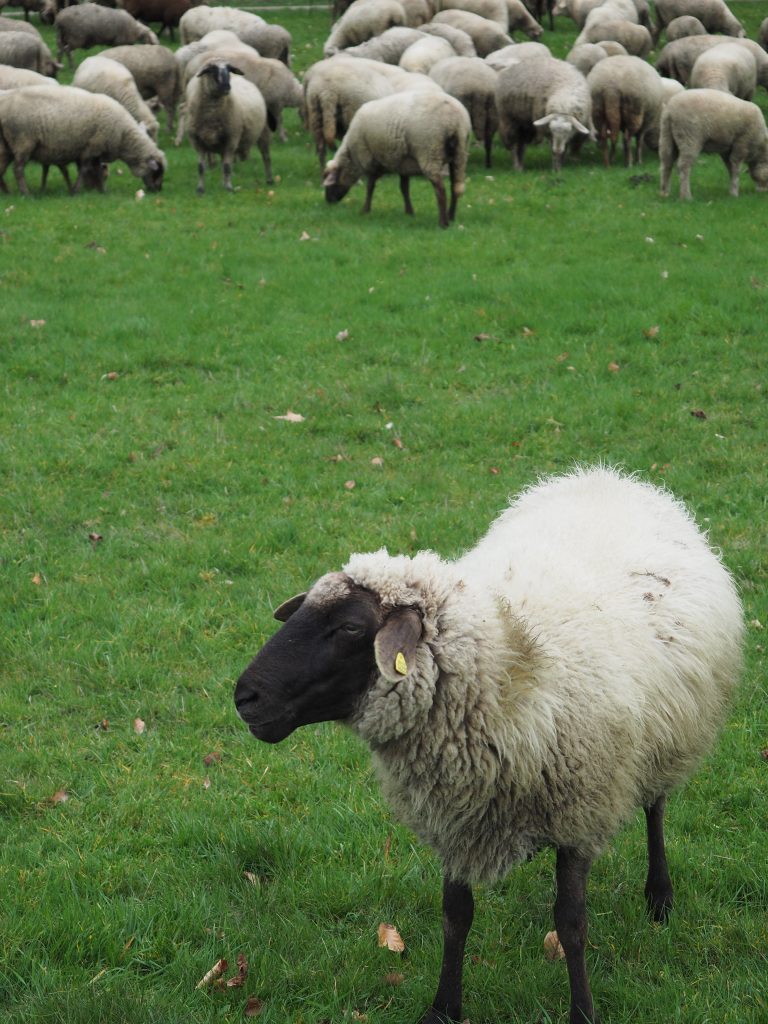
Legal Consequences of Stealing Livestock
Nozipho Mvulane
Livestock theft is a significant issue in South Africa, and various laws and regulations are in place to address this problem. Livestock theft in South Africa is generally governed by the Stock Theft Act 57 of 1959, which was specifically enacted to combat the theft of livestock and related offenses. The act defines livestock as any animal belonging to a specific class, including cattle, sheep, goats, horses, pigs, and more. The Criminal Procedure Act 51 of 1977 deals with the act/crime of theft wholistically. When one commits stock theft they can be tried under both pieces of legislation.
Offenses and Penalties
The Stock Theft Act outlines various offenses related to livestock theft, such as stealing, concealing stolen animals, branding or marking animals without permission, and selling or possessing stolen livestock. The act prescribes penalties for these offenses, including fines and imprisonment.
Reporting and Investigation
Livestock theft should be reported to the South African Police Service (SAPS) or relevant authorities. Law enforcement agencies are responsible for investigating reported cases and taking appropriate action. It’s important for livestock owners to provide accurate and detailed information to aid in the investigation.
Asset Identification and Marking
Livestock owners are encouraged to mark or brand their animals for identification purposes. Proper identification can help in tracing and recovering stolen livestock. Branding or marking should be done according to regulations and in consultation with local authorities.
Collaboration and Awareness
Livestock owners and farmers are encouraged to collaborate with law enforcement agencies and community organizations to raise awareness about livestock theft, share information, and implement preventive measures. Initiatives such as community watch groups and livestock identification databases can be effective in combating livestock theft.
Insurance
Livestock owners may consider obtaining insurance coverage against theft to protect their assets. Insurance providers may have specific requirements and conditions for coverage, so it’s important to consult with them directly.
Livestock theft is a complex issue that requires coordinated efforts between law enforcement agencies, farmers, and communities to address effectively. It’s crucial to stay updated with the latest legislation and cooperate with relevant authorities for the most accurate and up-to-date information regarding livestock theft and the law in South Africa.
For further information of any of your legal needs, please contact Rajaram Mvulane Attorneys at info@rajarammvulane.co.za or on 073 2777 973.
Article Disclaimer
This article is not intended to provide legal advice. This article is a general information sheet and should not be used or relied on as legal or other professional advice. This article is based on research regarding laws and may be subject to change. No liability can be accepted for any errors or omissions nor any loss or damage arising from reliance upon any information herein. Always contact your legal adviser for specific and detailed advice. Errors and omissions excepted (E&OE).






